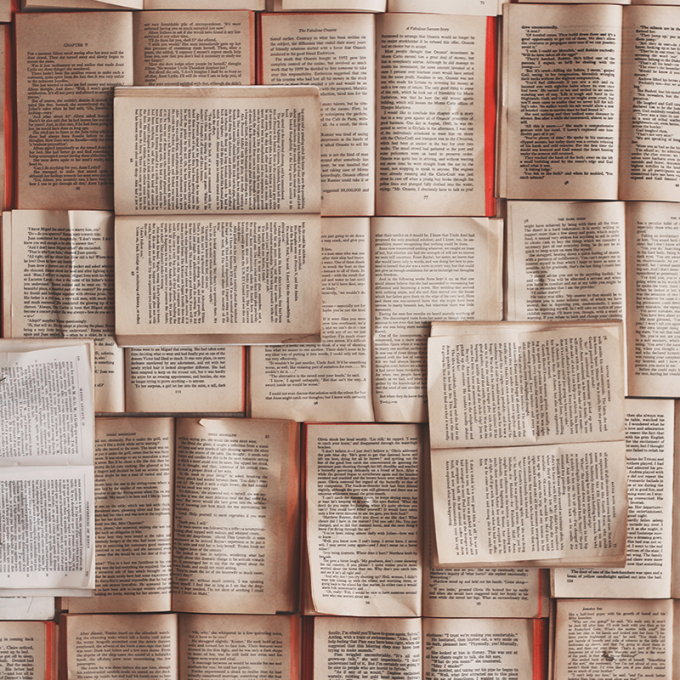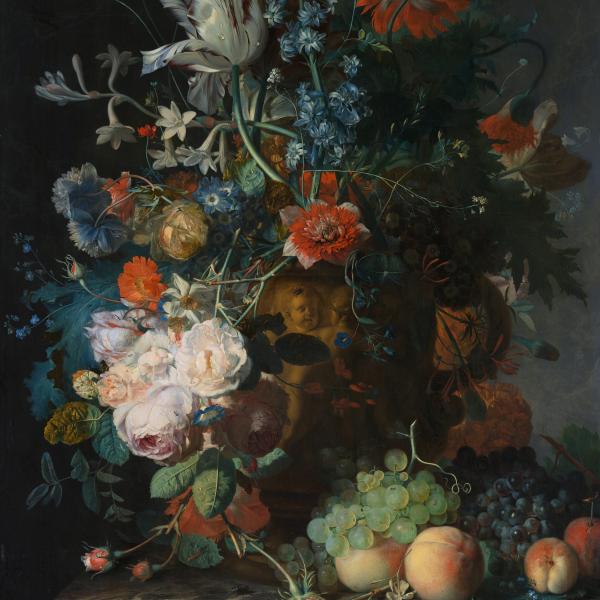I believe in the utopian temperament of literature. Marrying intellectual to literary history, my work seeks to reconstruct--from the ruins of our narratives of modernization and secularization--cultural histories that risk dialogic relationships between past and present.
My most recent attempt at such reconstruction is Infinite Variety: Literary Invention, Theology, and the Disorder of Kinds, 1688-1730 (University of Pennsylvania Press, 2021). In this book, I show how religious ideas shaped some of the most remarkable literary experiments in the early eighteenth century. I argue that voluntarism, a theology that viewed the world as contingent and arbitrary, helped defend religious orthodoxy and license the imagination of unrealized possibility, in literary and philosophical writing.
In my second book, I reconstructed an alternate paradigm of modernization. Exquisite Mixture: The Virtues of Impurity in Early Modern England (University of Pennsylvania Press, 2012) asks: when did the English, well-known for their pride in the deep Anglo-Saxon roots of their culture, begin to argue that English culture was great because it was mixed and impure? My answer starts with the realization that early-eighteenth-century Englishmen were becoming increasingly assertive about mixture as the cause of their nation’s virtues. They prized the mixture of different linguistic, literary, racial, and political kinds. The origins of this appreciation of mixture, I show, can be found in the political and scientific revolutions of the seventeenth century. By retrieving early modern arguments for the civilizing effects of mixture, Exquisite Mixture indicates the limits of our fascination with the idea of hybridity.
In my first book, Eighteenth-Century Fiction and the Law of Property, I examined how the tangled relationships between persons and things in eighteenth-century culture challenge the imagination of identity and community. I argue that the history of objectification needs to be rewritten. It is not the simple narrative of a progressive alienation of human and material spheres, but a transgressive romance populated by some strange hybrids: commodities that prove immovable, land that is movable, objects that assume human agency, and spaces that threaten to devour or gently incorporate you. In creating such unenlightened hybrids, eighteenth-century legal, economic, and literary texts ask us to reexamine what it means to be modern.
I am currently working on an intellectual history of the ethics of particularity.



